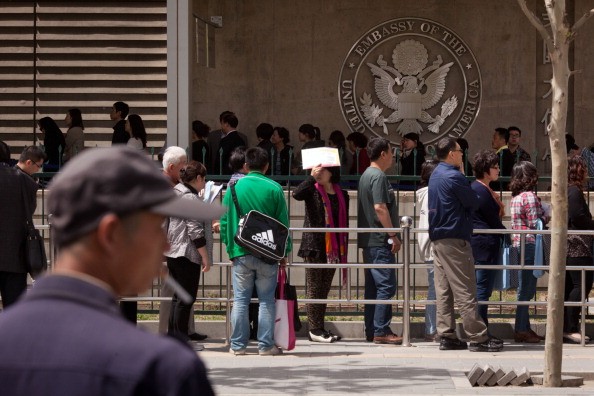Despite being a key official in China’s lunar and Mars exploration program, Guobin Yu was reportedly denied a visa by the United States to attend a planetary conference last week March 19, according to a report by Space News.
Yu, who is the Vice Director of the Lunar and Space Exploration Engineering Center of China, was preparing to speak at the Microsymposium 58 event to explain China’s exploration plans in the moon and Mars.
According to Jim Head, professor of geological sciences at Brown University, Yu informed him before the start of the conference that he is unable to attend due to the fact that the U.S. embassy in Beijing denied his visa request.
No reason provided for visa denial
Head stated that he was not informed of the reason behind the decision to deny Yu’s visa. Furthermore, the U.S. embassy has not responded to a March 19 email asking for more information on the visa denial.
What remains peculiar is the fact that other Chinese scientists who were attending the conference did not experience the same treatment from the U.S. government. According to Head, more than 20 people from Chinese universities, academies and scientific institutes were at the symposium.
Yu was scheduled to provide crucial news on China’s progress to send missions to the moon and Mars. For Head, who has visited China and met with Chinese scientists, the Chinese space plan is extremely robust.
China’s next major milestone in its foray into space travel is the launching of the first lunar sample return mission, Chang’e-5, scheduled for late this year. In addition, a second mission is being planned, Chang’e-6, scheduled for 2020.
The first Mars mission will not be executed until 2020. China expects to fly both an orbiter and a lander for the planned mission. According to Head, the country is also examining the possibility of a Mars sample return mission in 2030.



























